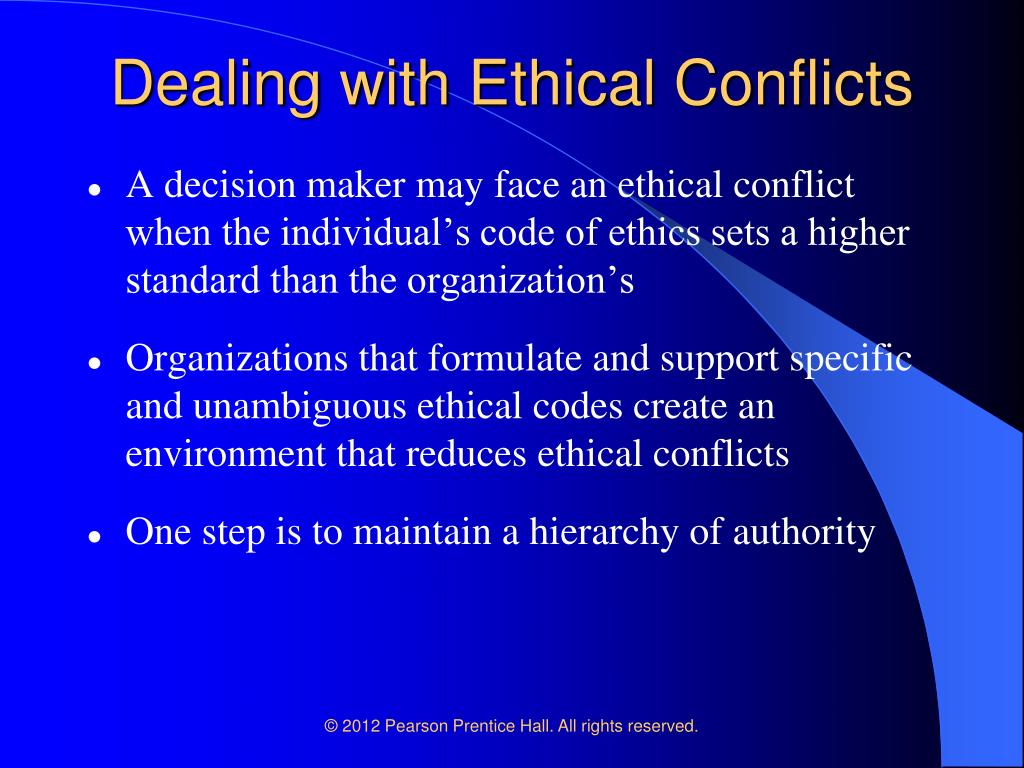

The latter addresses private interests, while broad beneficence responds to the collective welfare of the political community. The underlying principle is broad, not narrow, beneficence. Military medicine may therefore attend the lightly wounded before the critically wounded or use medical care to win hearts and minds. While clinical-medical necessity directs care to satisfy urgent medical needs, military-medical necessity utilizes medical care to satisfy the just aims of war. Supposedly, laypeoples moral judgments of conduct in war inform public policy and the laws of war (Watkins, 2020 p.

Military-medical necessity designates the medical means required to pursue national self-defense or humanitarian intervention. It might seem odd to start a chapter entitled ‘Moral Theory’ with a particular case of armed conflict. To provide medical care during armed conflict, military medical ethics supplements civilian medical ethics with two principles: military-medical necessity and broad beneficence. This news note from the UNICEF Press Centre about armed conflict in Libya illustrates, lamentably, the extreme destructiveness of armed conflicts. A humanitarian war rescues a foreign, persecuted people or nation from grave human rights abuse. A defensive war protects one's people or nation. Drawing from cognitive and behavioral psychology, and from the emerging literature on moral philosophy and psychology, the disci- pline of legal ethics has. The goal of military medicine is to conserve the fighting force necessary to prosecute just wars.


 0 kommentar(er)
0 kommentar(er)
